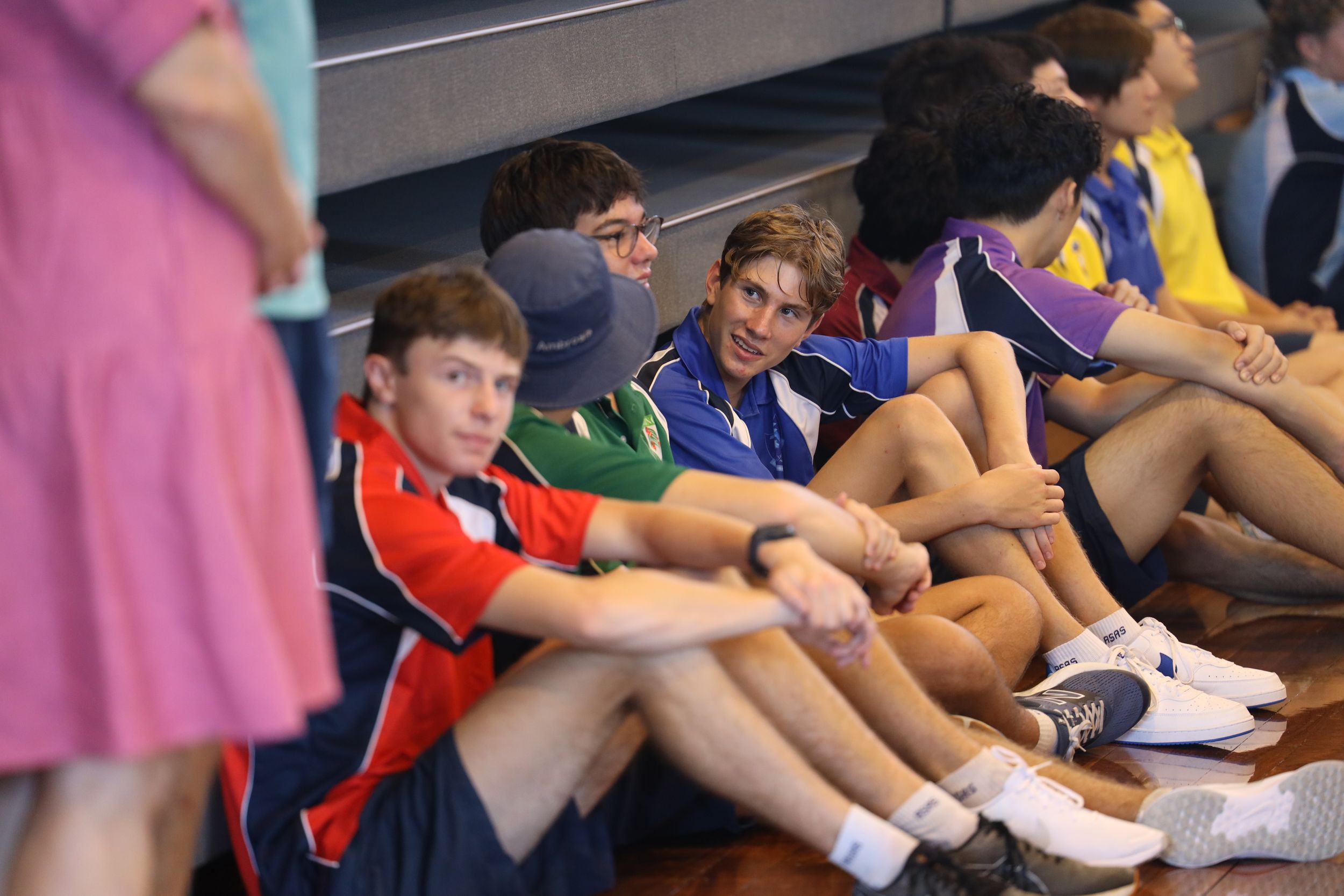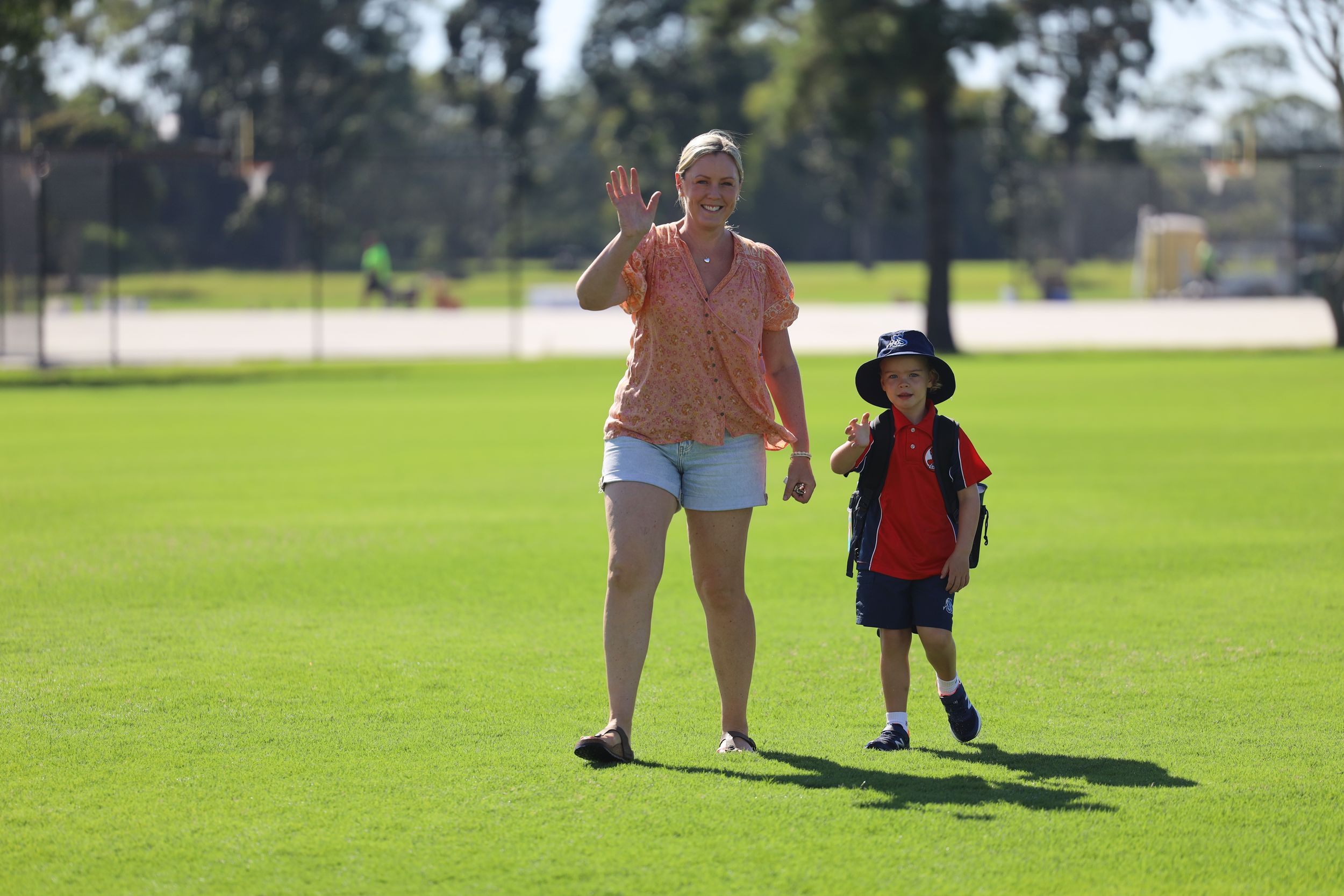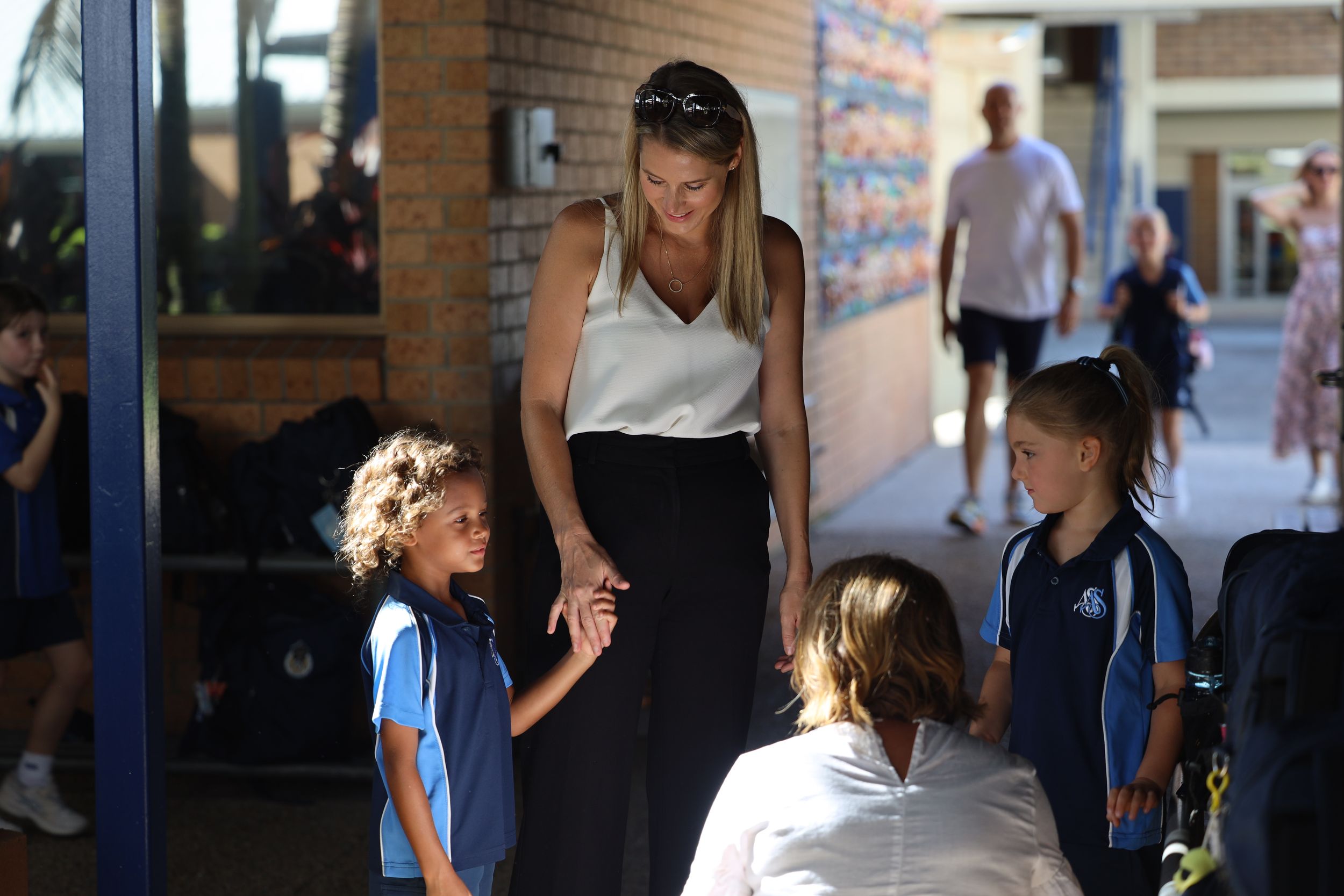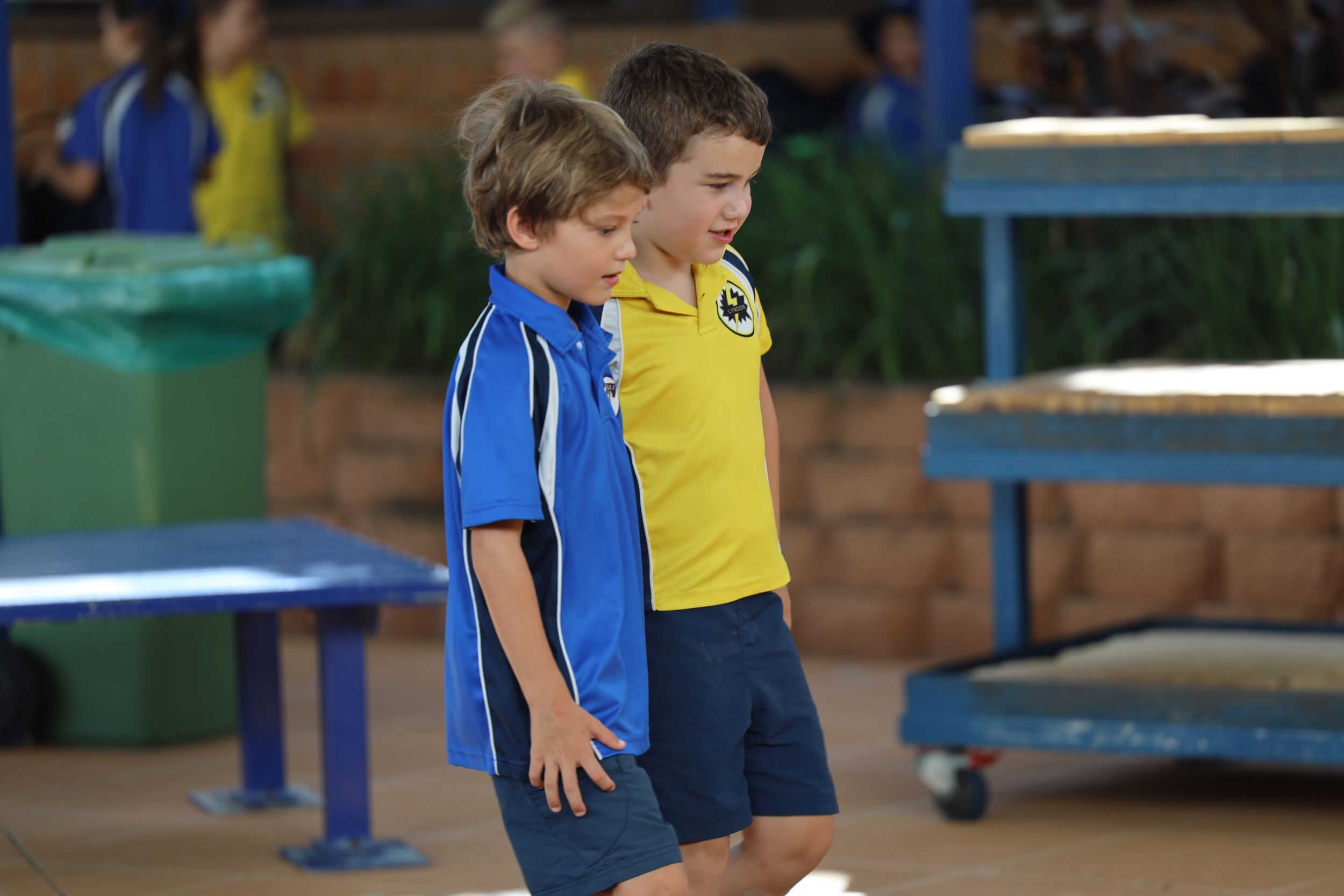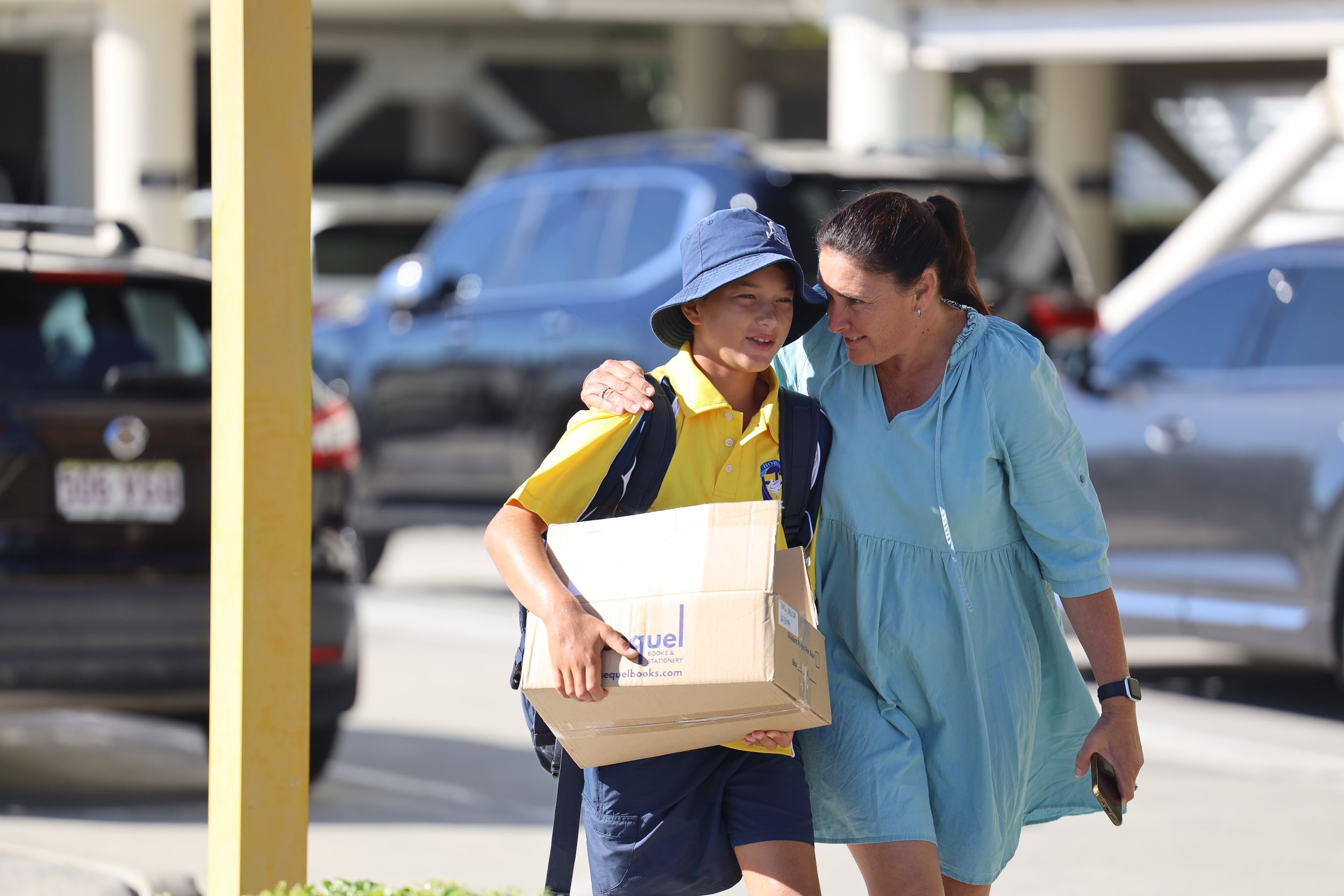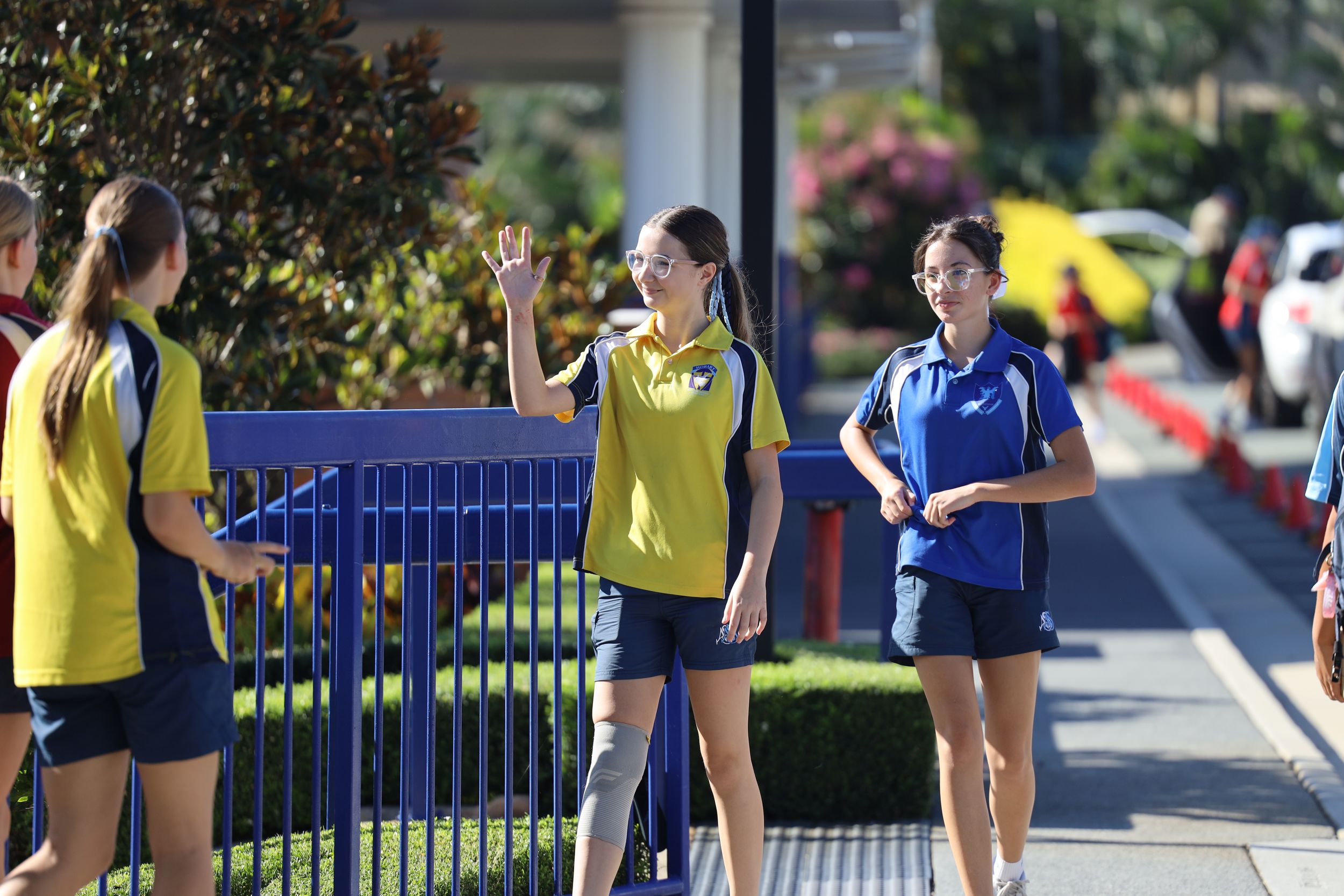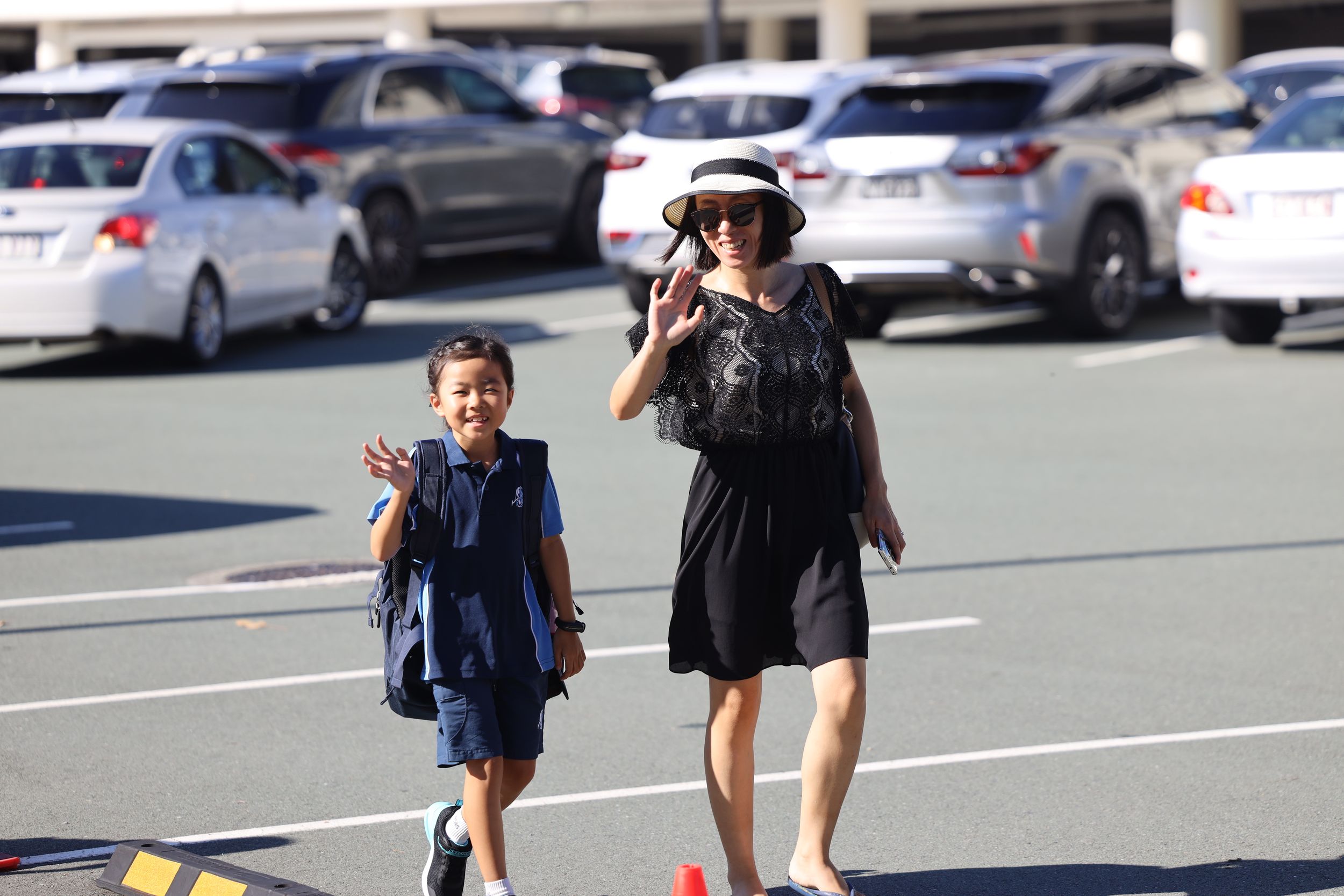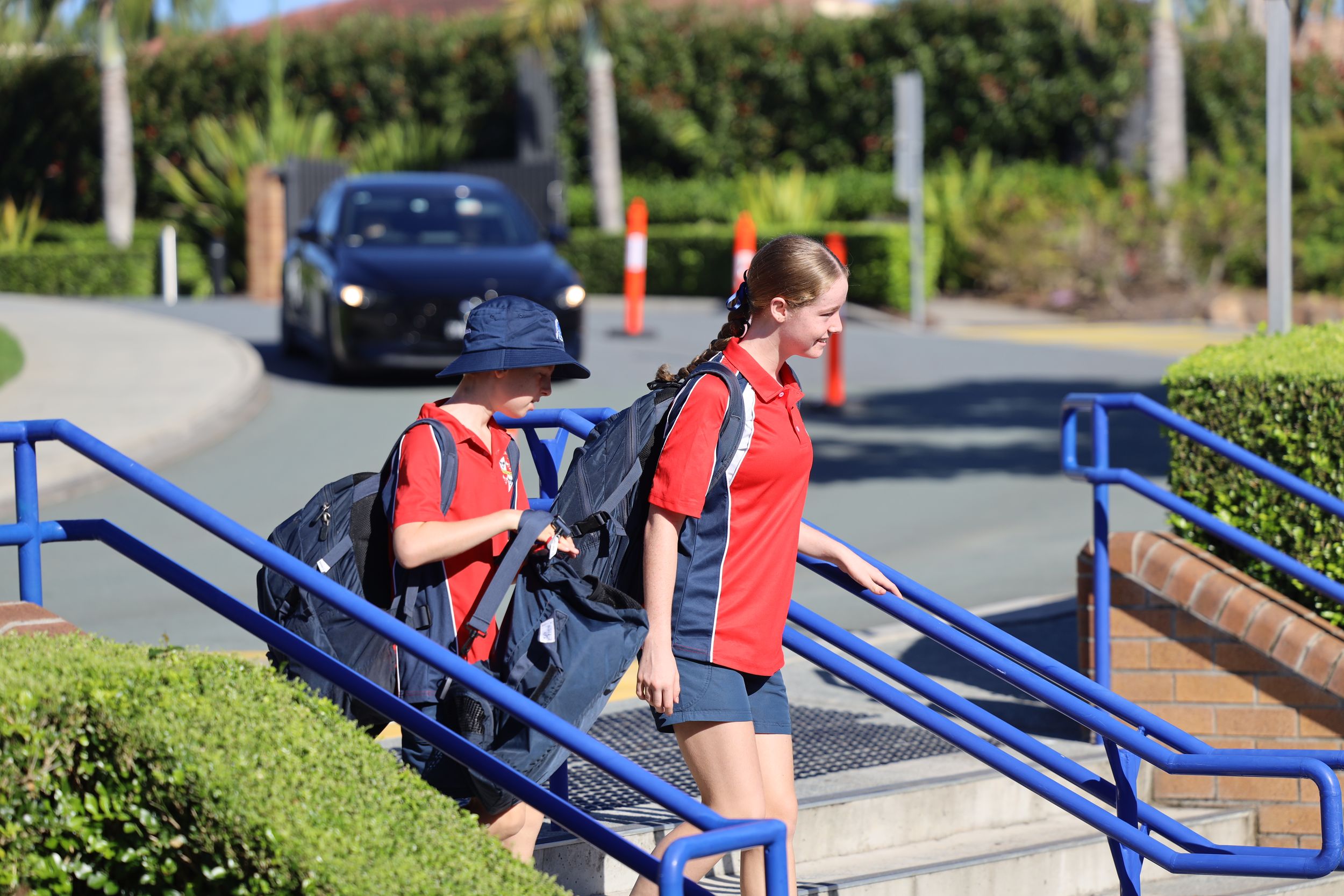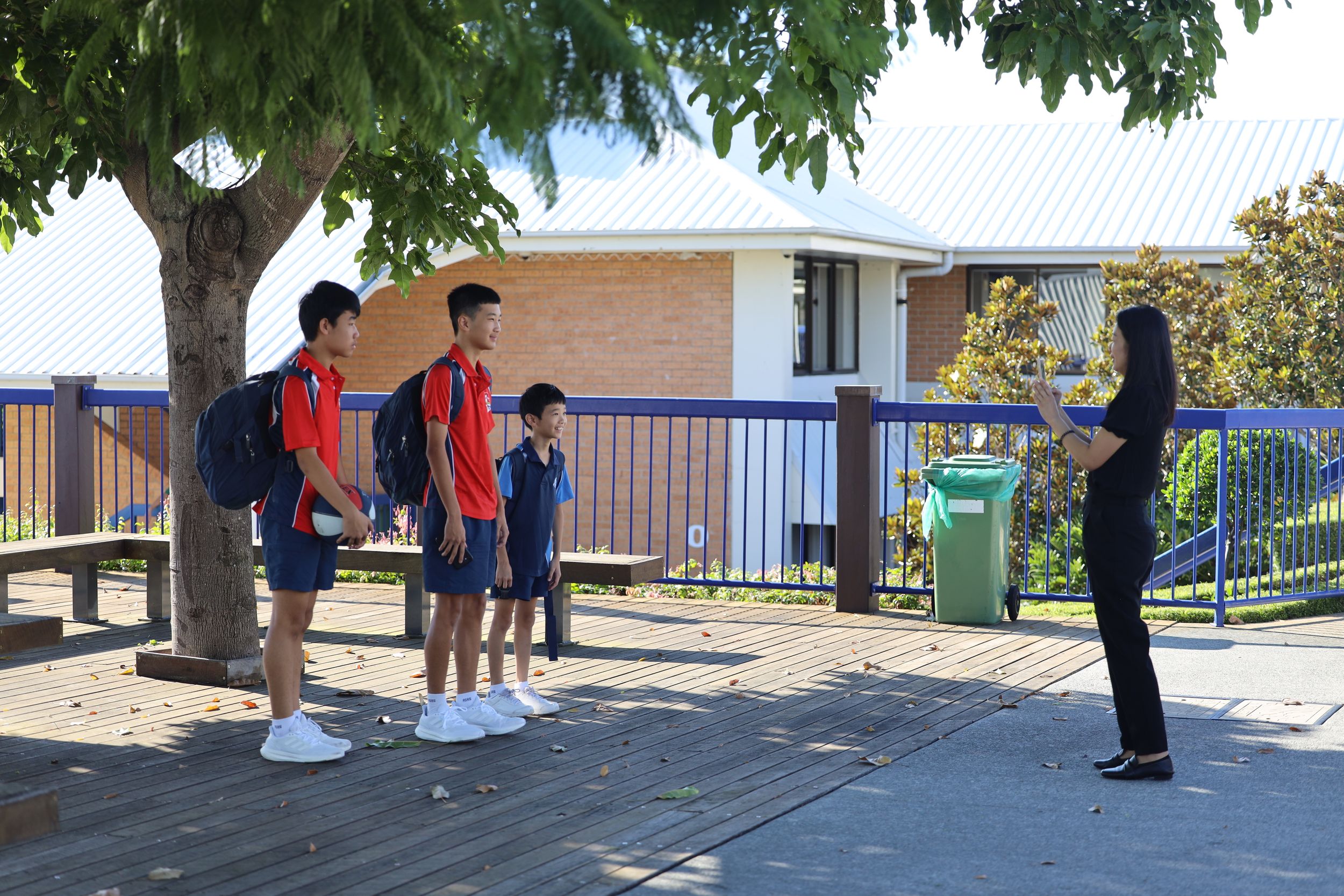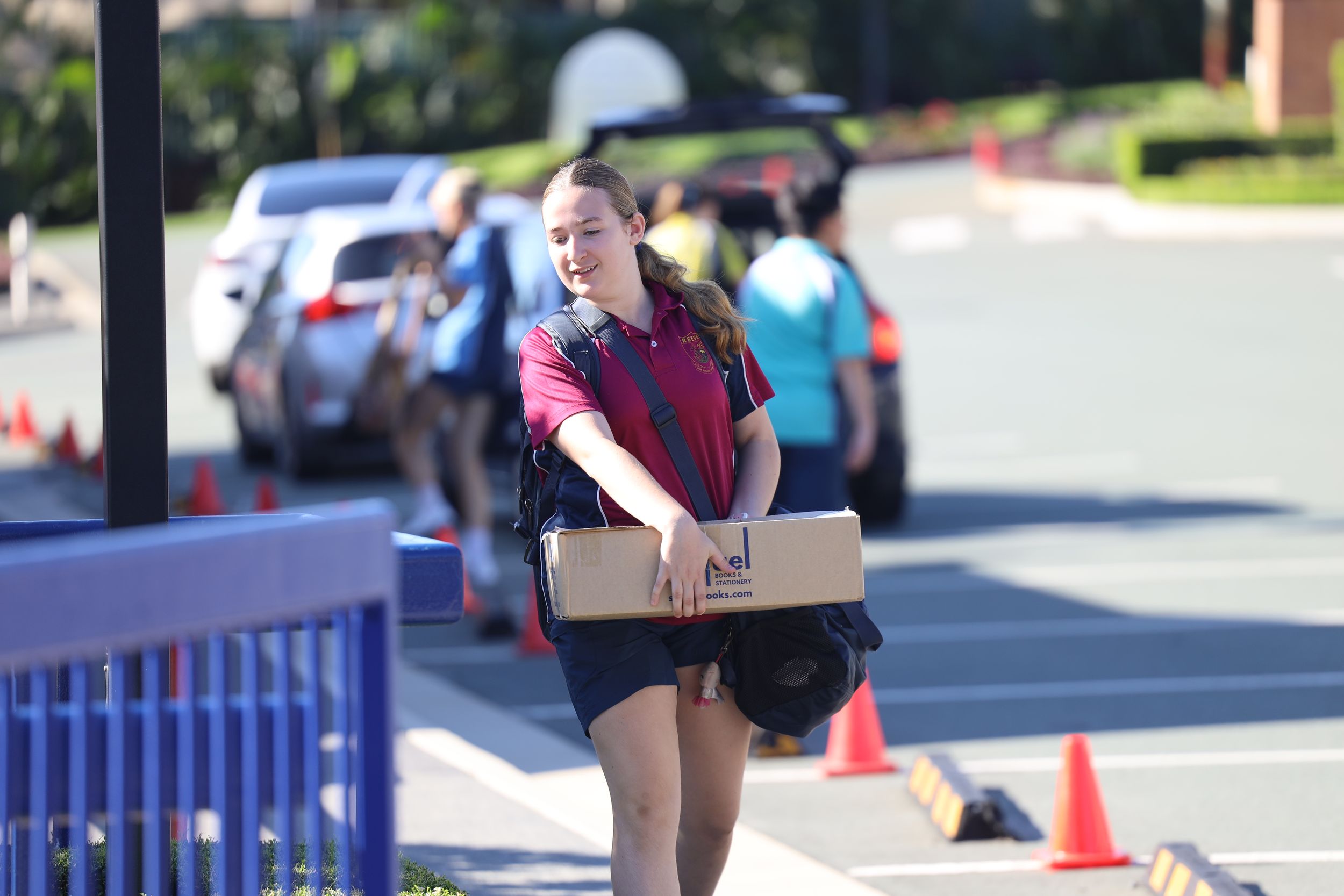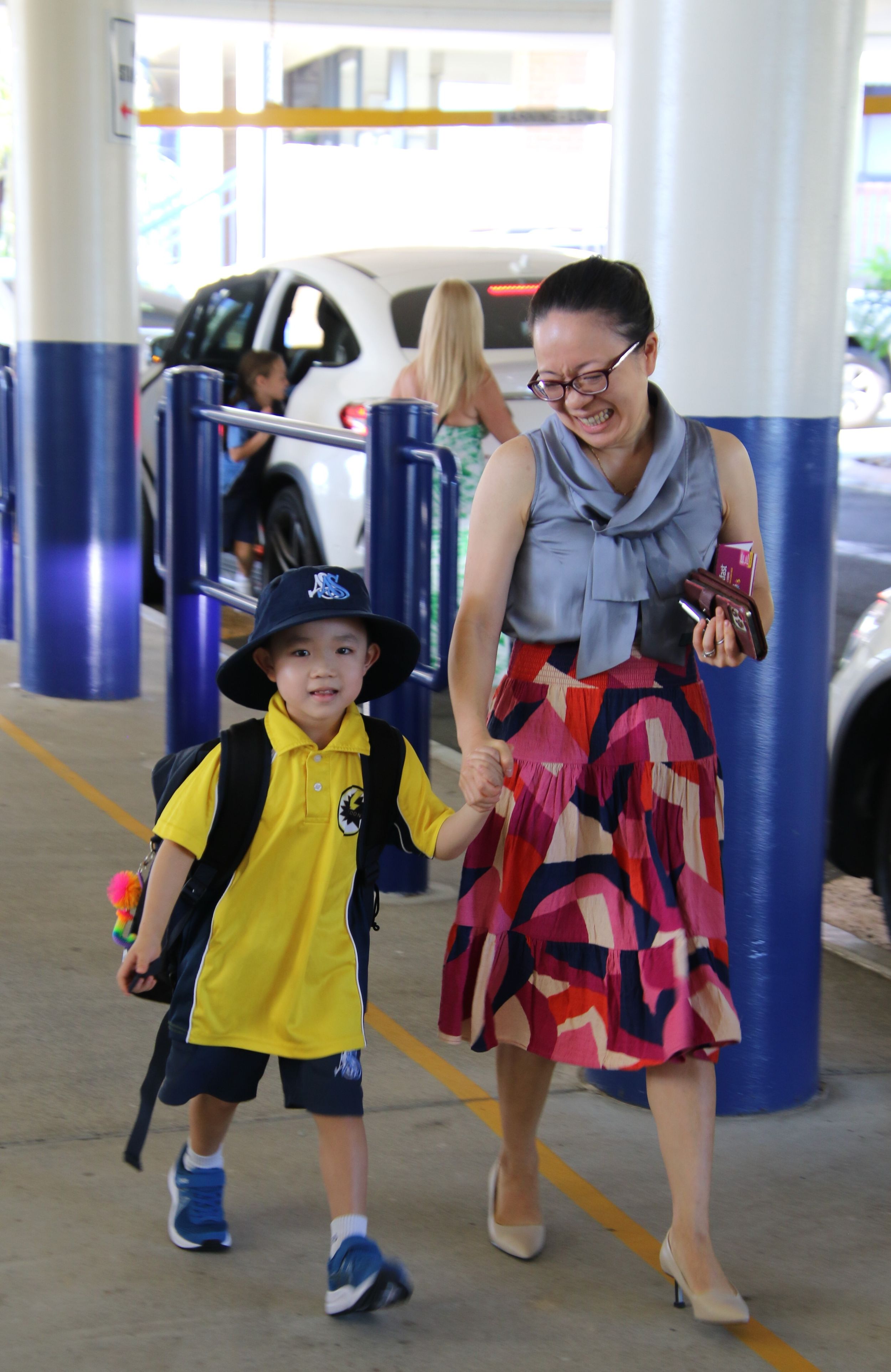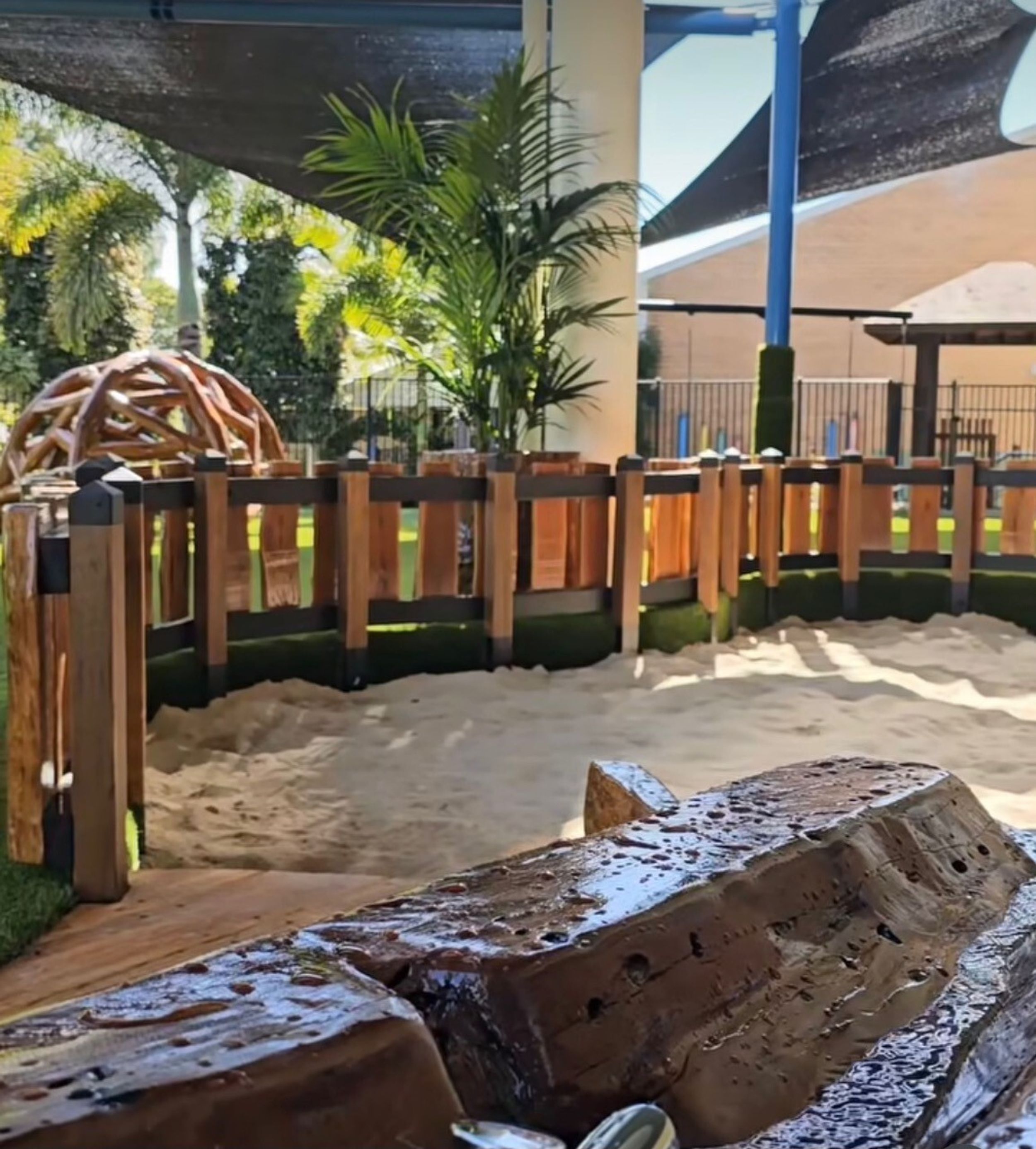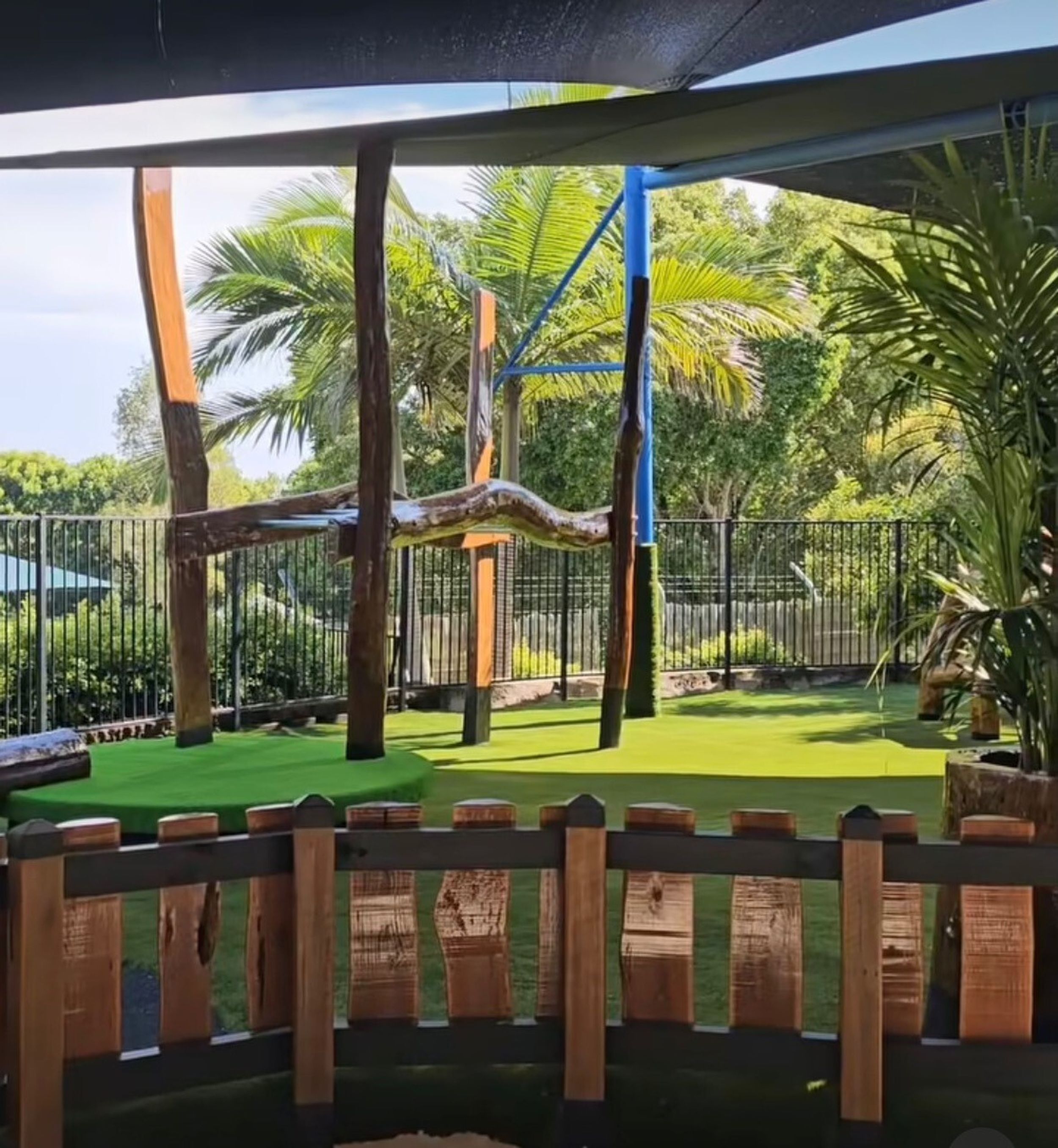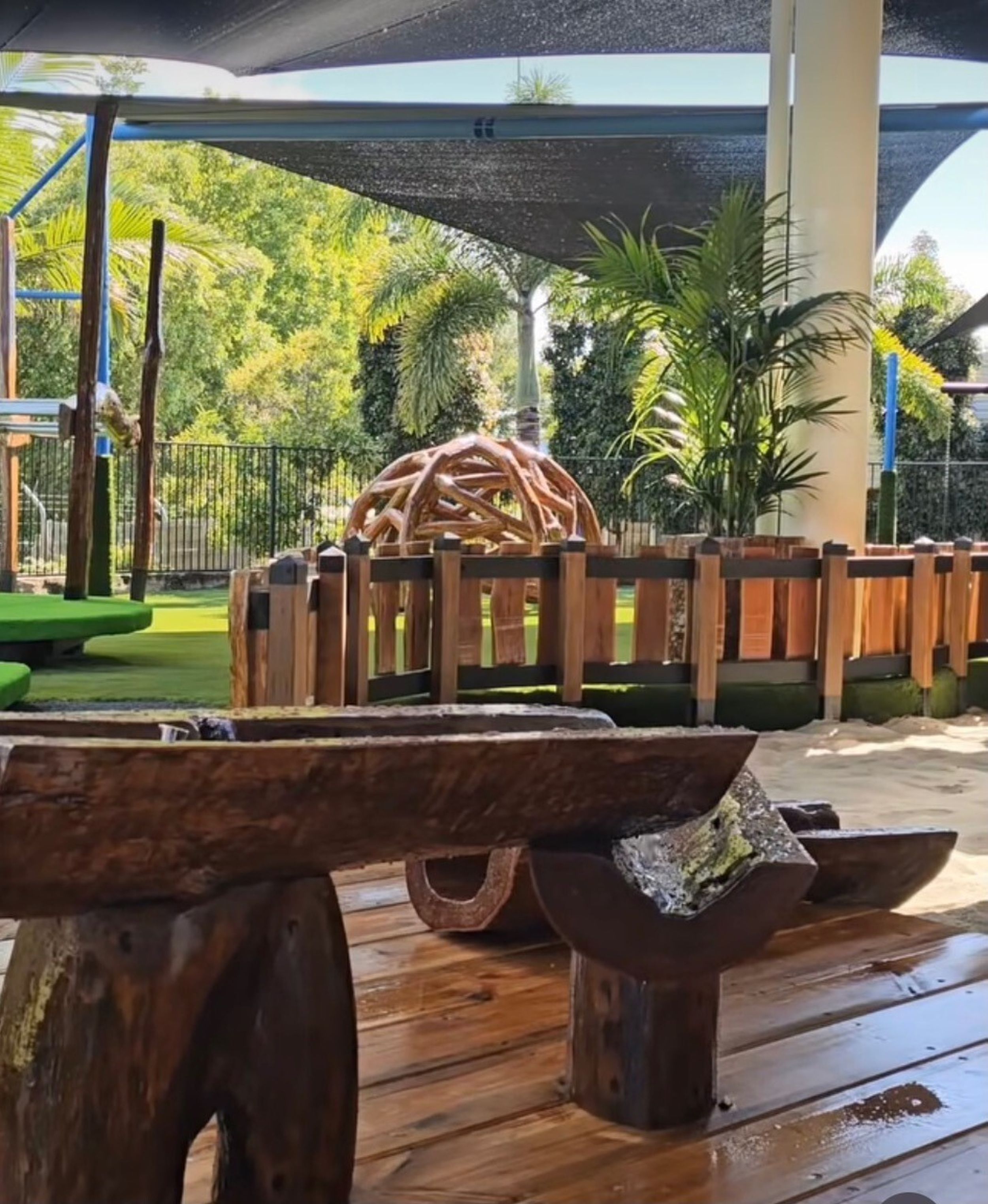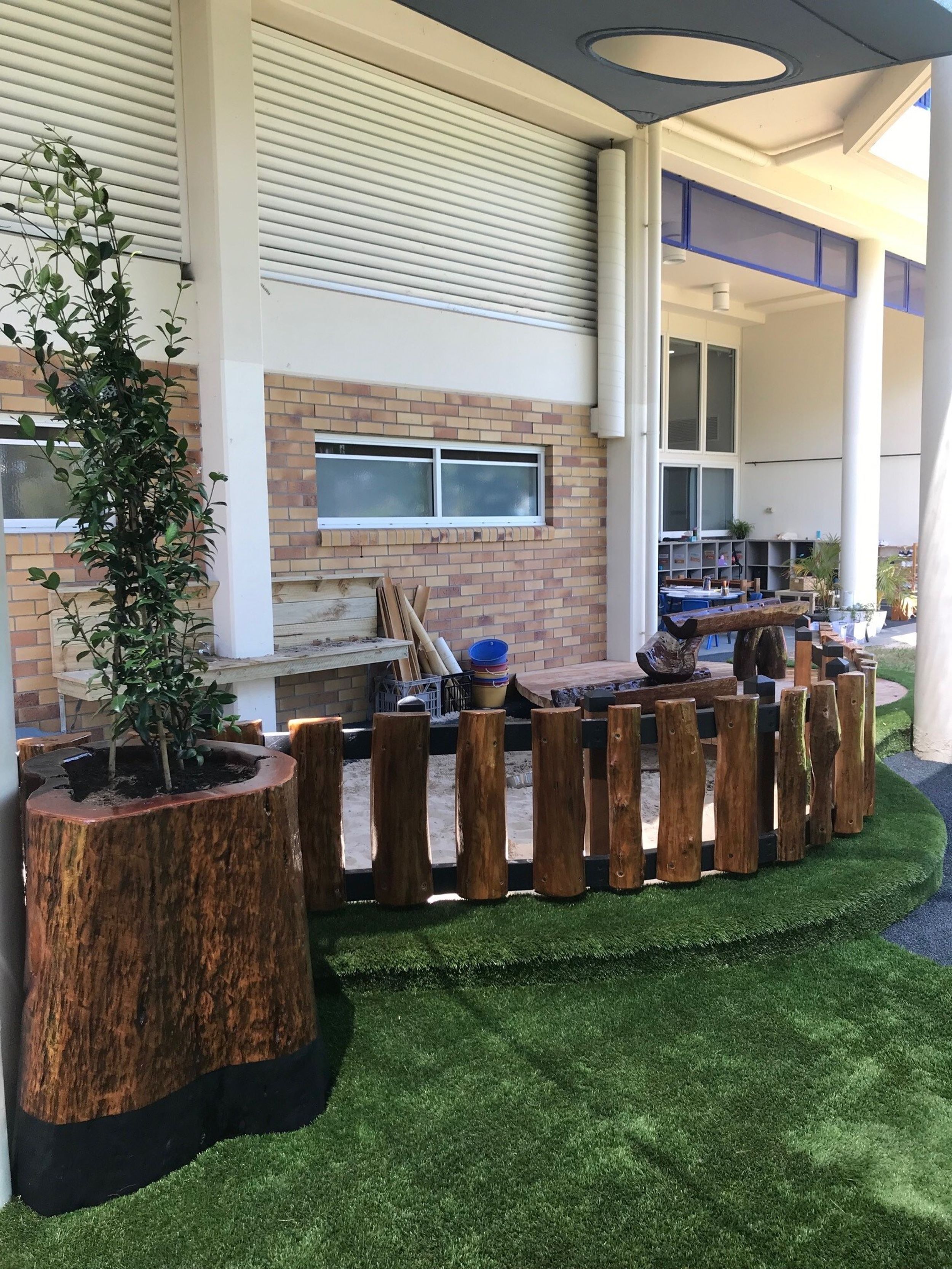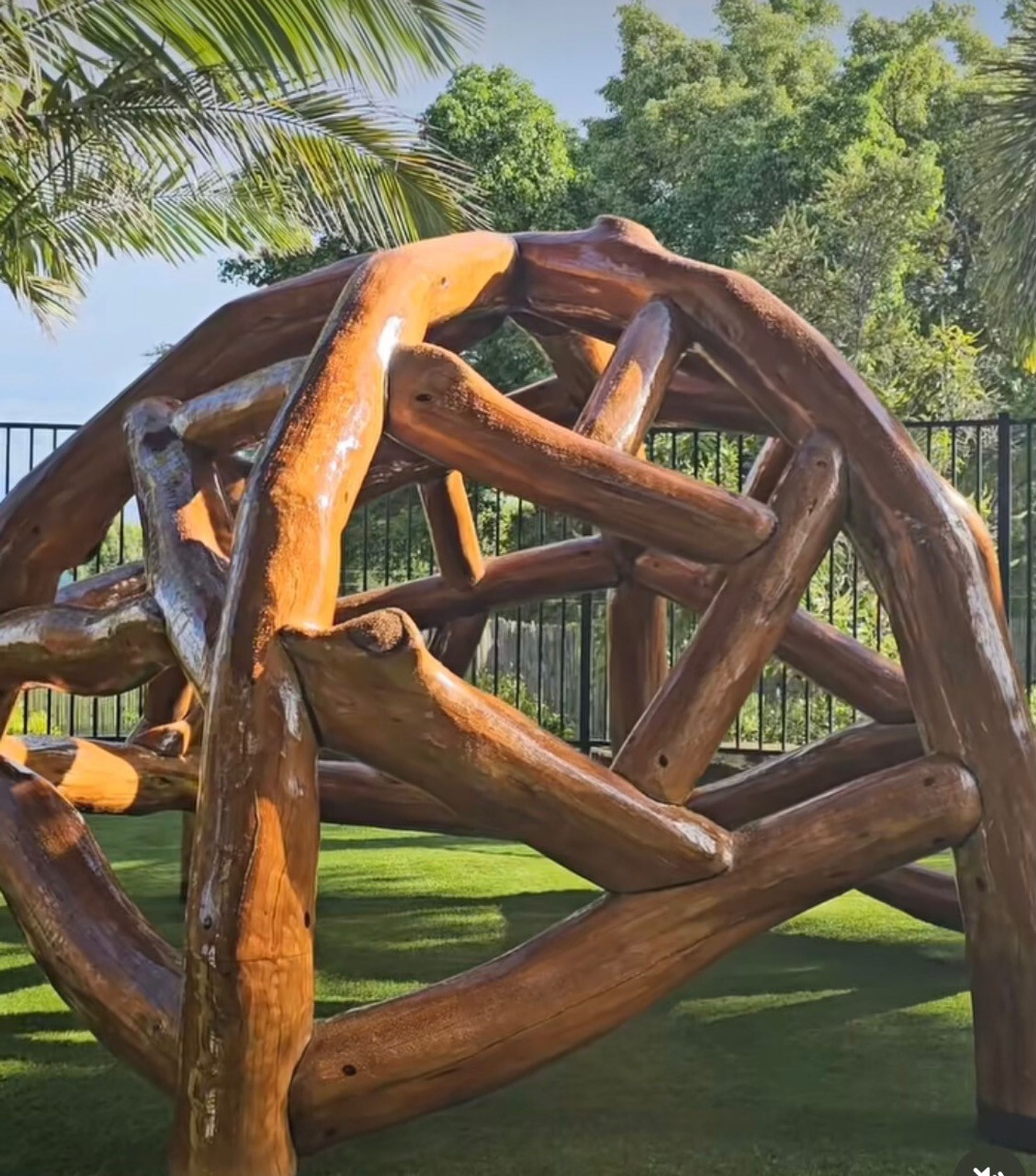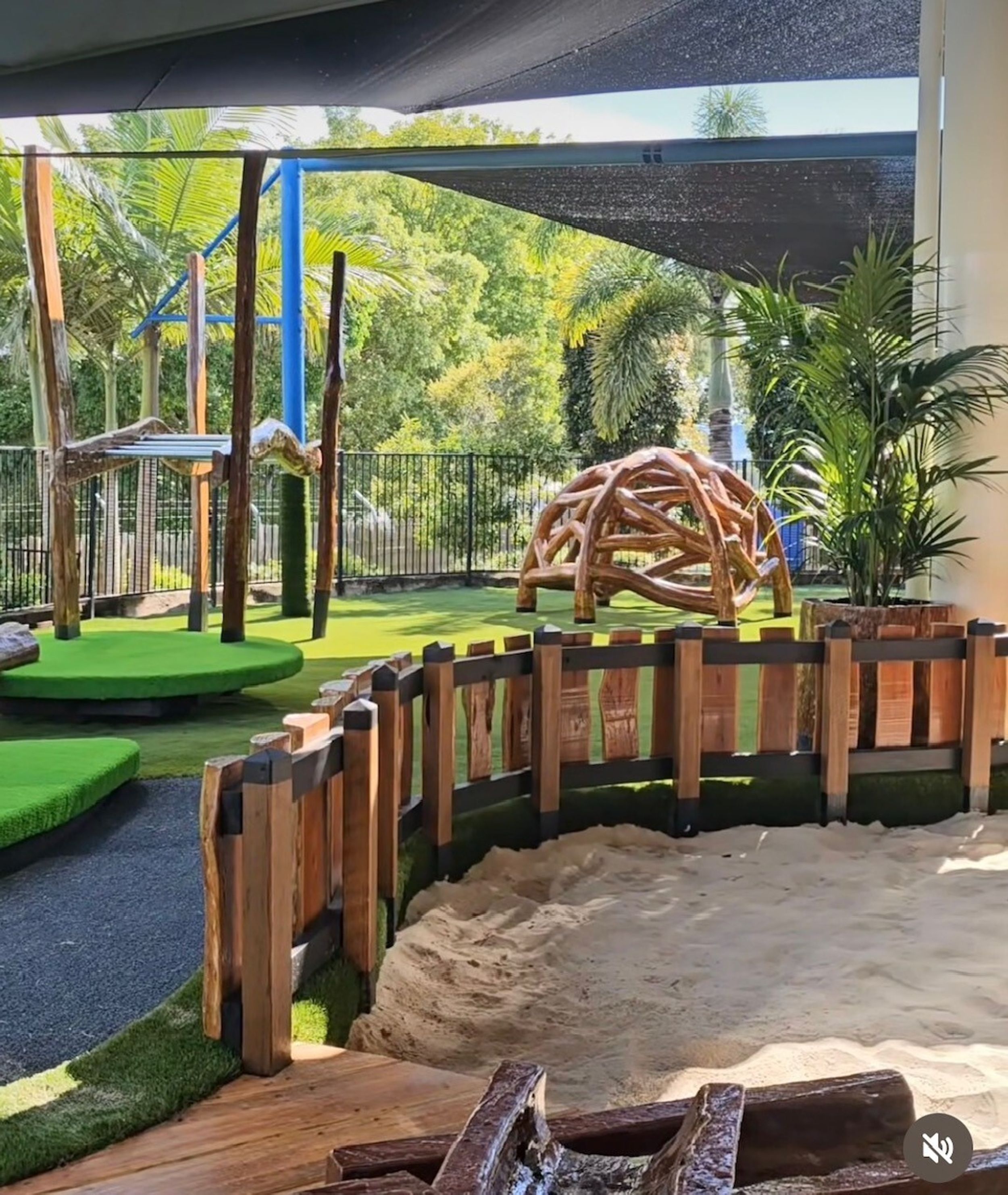Purpose, Participation and Faith
Even the muggiest of muggy days last Monday could not detract from the innocent joy of seeing our school once again resound with the excited chatter and laughter of returning children and young adults. It has been such a positive start to what promises to be a year full of adventures and meaningful learning and a special thank you to our parents for negotiating the drop off and pick up agonies with such good grace and patience.
Following on from 'patience', I have been reflecting this week on two other ‘P’ words – 'purpose' and 'participation', probably because they appear together in a response to a leading question by the great mythologist Joseph Campbell, whose works I have quoted previously, and from whose wisdom I continue to seek guidance. Campbell was asked, 'What is the purpose of life?', to which he replied without skipping a beat, 'The purpose of life is to participate in eternity, here and now.'
Like many such pithy, pocket-sized droplets of wisdom, relating Campbell’s response to our daily lives is somewhat challenging. To spend one’s life participating in eternity, seems like a noble and lofty pursuit. I would certainly love to give it a go. But where does one start? Perhaps Campbell is calling us to search for those universal truths that help to define our common humanity beneath the business which engages us each day, the truths in fact that might remind us of a purpose beyond this day, this week, this year.
One of the challenges facing schools in the modern era is to introduce to students the tension that exists between the eternal and the transitory, and to then help them to manage it. Our daily lives seem more ephemeral and volatile than ever. We have become consumed by consumerism, somehow convinced that this or that trinket or fashion item or piece of information will make our hearts sing with gladness. We all need reminding that such desires are culturally constructed and inspired, and that they are potential distractions from the more challenging business of grappling with the eternal.
Our weekly chapel services are one way in which we seek to address this tension. It has become a self-evident truth that the more affluent and the more complex our society becomes, the further we seem to be from that sense of peace and wellbeing for which we long. It is an observation more commonly directed towards young people, but in truth I think it applies just as much to all generations. Our four school chaplains spend time sharing with our students the promise of an abundant life. No abundant life can be free of pain; in a curious way, the setbacks, the disappointments, the grief we all experience are an integral part of the abundance we seek. Our ability to get through the difficult times by reaching out to others and by calling upon our own inner resources is what helps to shape us and our understanding of the world and with greater understanding comes greater appreciation. We all need to retreat from the madness of modern life from time to time or it will begin to smother us. We need to reacquaint ourselves with who we truly are, lest who we truly are becomes a stranger. I shared a rather lovely poem by Derek Walcott with my Year 10 class this morning. It’s titled Love After Love:
The time will come
when, with elation
you will greet yourself arriving
at your own door, in your own mirror
and each will smile at the other's welcome,
and say, sit here. Eat.
You will love again the stranger who was yourself.
Give wine. Give bread. Give back your heart
to itself, to the stranger who has loved you
all your life, whom you ignored
for another, who knows you by heart.
Take down the love letters from the bookshelf,
the photographs, the desperate notes,
peel your own image from the mirror.
Sit. Feast on your life.
- Derek Walcott
We have a delicious long weekend approaching. What a treat. Some of us will walk Springbrook National Park; others will hit the surf; others will sit quietly in church or with a book; and if we truly want to feast on life, these are the times that matter, the times when we have the space to reflect upon who we are and who we want to become. It remains our duty as a school to instil in our students a sense of purpose, and to then encourage them to be inspired by this sense of purpose to participate in a variety of constructive, life-enhancing pursuits and to introduce them as often as we can to those glimpses of the eternal that might occasionally lift their gaze and broaden their horizons. Our theme this year, off the back of Compassion (2022) and Truth (last year), is Faith – completing the trinity of our School motto. Faith in ourselves; faith in each other; faith in our community and the wider world to find solutions to the many problems we face; faith in our future and in the possibility of a divine and benevolent force that cares about us and illuminates the pathways to peace.
As we go about our business in 2024, it is reassuring to consider that All Saints Anglican School will still be living and teaching the gospel and the values embedded therein long after the present staff have developed a more intimate understanding of the eternal! Meanwhile let us do our best to participate in the eternal here and now.
Patrick Wallas
Headmaster




